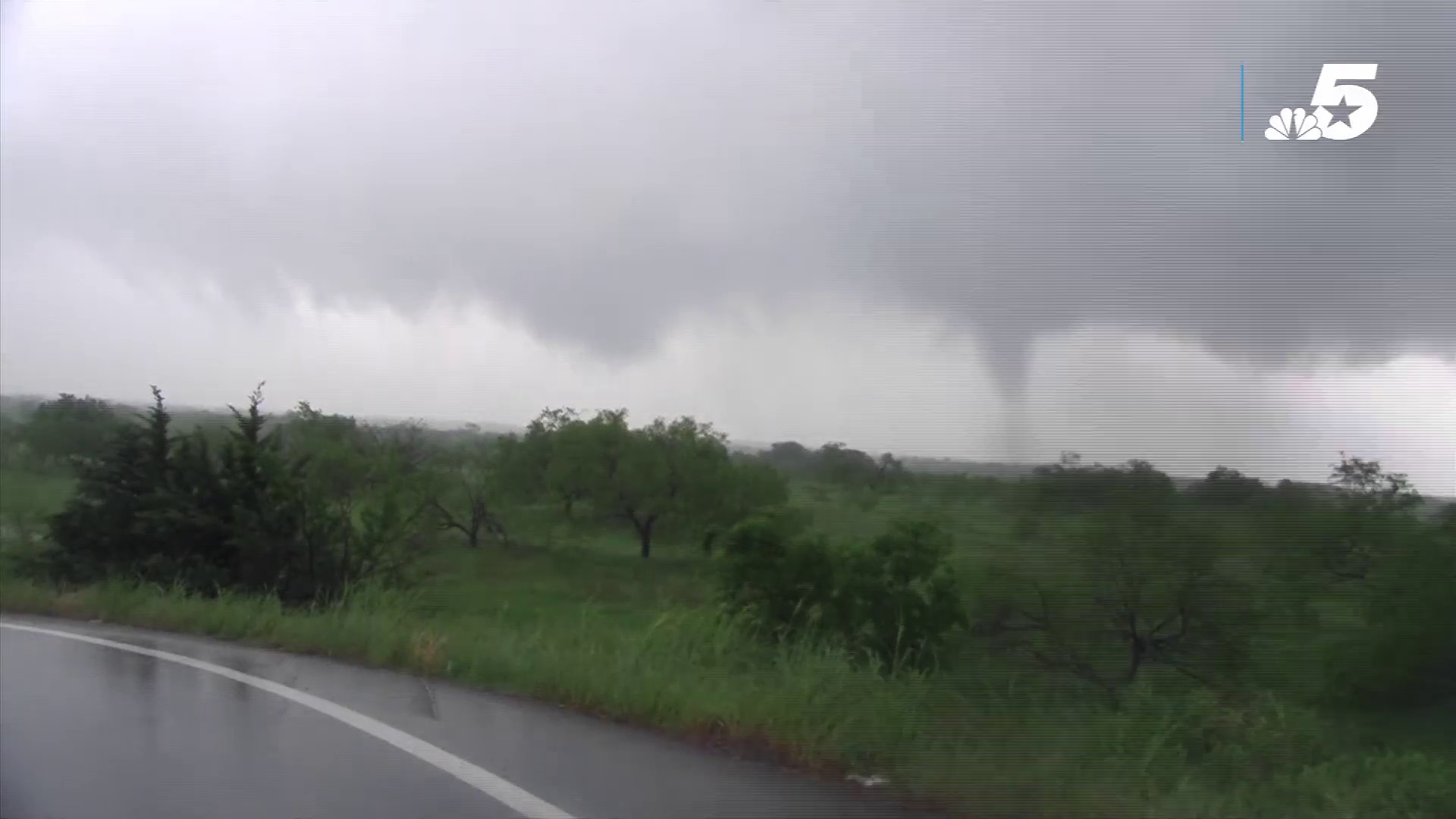On Monday, the Dallas Police Department began rolling out 200 new body cameras to record what officers see confronting citizens.
Officials hope to add a total of 1,000 devices within five years.
The leader of the largest Dallas police union said the program is too slow and too small.
“The citizens of Dallas want us to have these body cameras now. The officers want the body cameras now. We don’t need to be waiting five years,” Dallas Police Association President Ron Pinkston said.
The 200 new Axon cameras from the Taser Company replace a smaller number by other manufacturers that were tested by DPD the past two years. Some officers also purchased their own cameras and those officers will be among the first to get new Axon replacements so video storage methods are consistent.
“All the data will be automatically stored for a period of 90 days,” said Deputy Chief Andrew Acord. “In the circumstance where it has been tagged for some type of evidence or investigative purpose, it will be held as long as would be appropriate.”
Local
The latest news from around North Texas.
The expense of video storage is part of what makes the body camera program expensive. Acord said money is a major challenge for the body camera program.
“This is a very, very expensive proposition, so we’re constantly looking for funding,” he said.
A 1,000 camera program with “cloud” video storage would cost Dallas $3.7 million. The city has money enough for 400 cameras now.
The cameras will gradually be sent to officers as video storage capability is arranged at substations.
Officers under scrutiny for disciplinary issues will be among the first to receive body cameras.
“This will enhance our opportunity to document critical incidents. It will enhance officer safety. It will enhance courtroom testimony, which we think will turn into more convictions,” Acord said.
Pinkston said officers who don’t immediately receive body cameras from the department can purchase their own for $400 with the department picking up an additional fee for licensing the device.
“It does seem unfair to the officers,” Pinkston said. “If you’re saying here’s a tool that we can keep you safe, that can bring transparency to our department, it seems like we should be doing it all now.”
By comparison, the smaller Fort Worth Police Department already has 500 body cameras in use.



